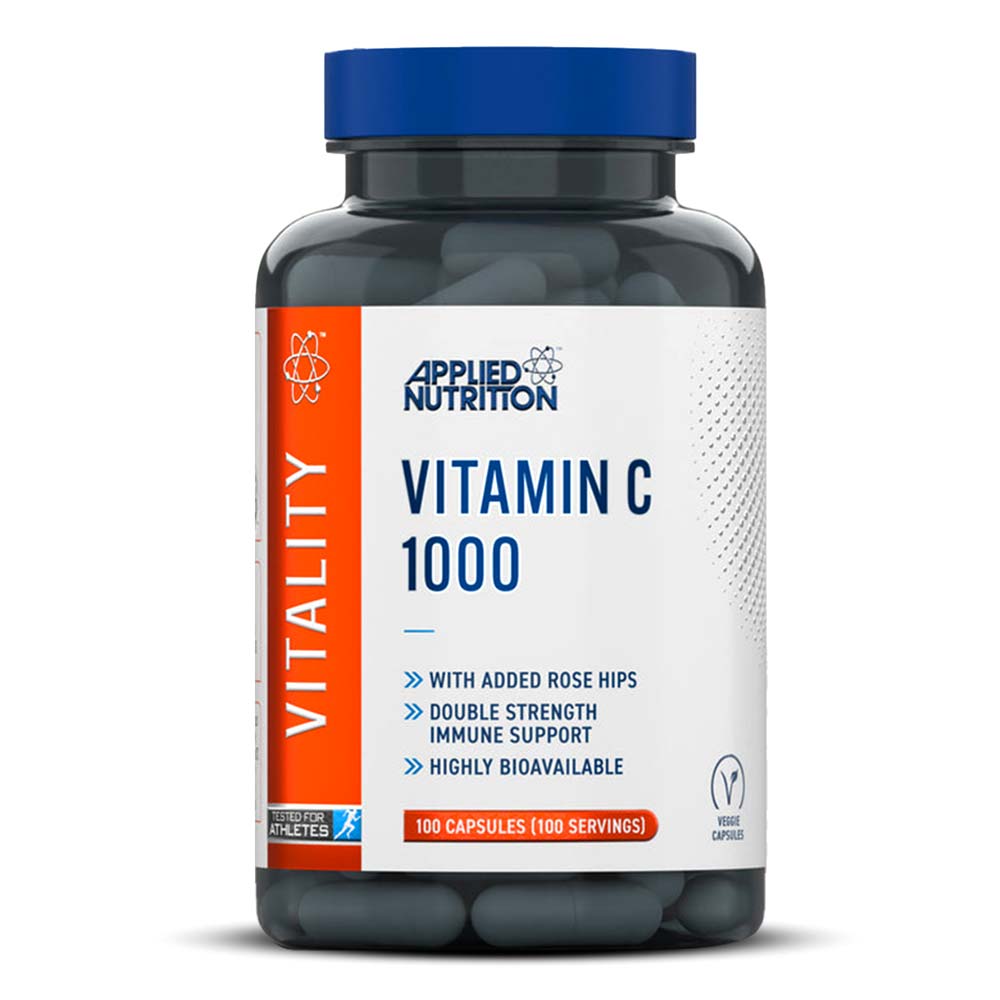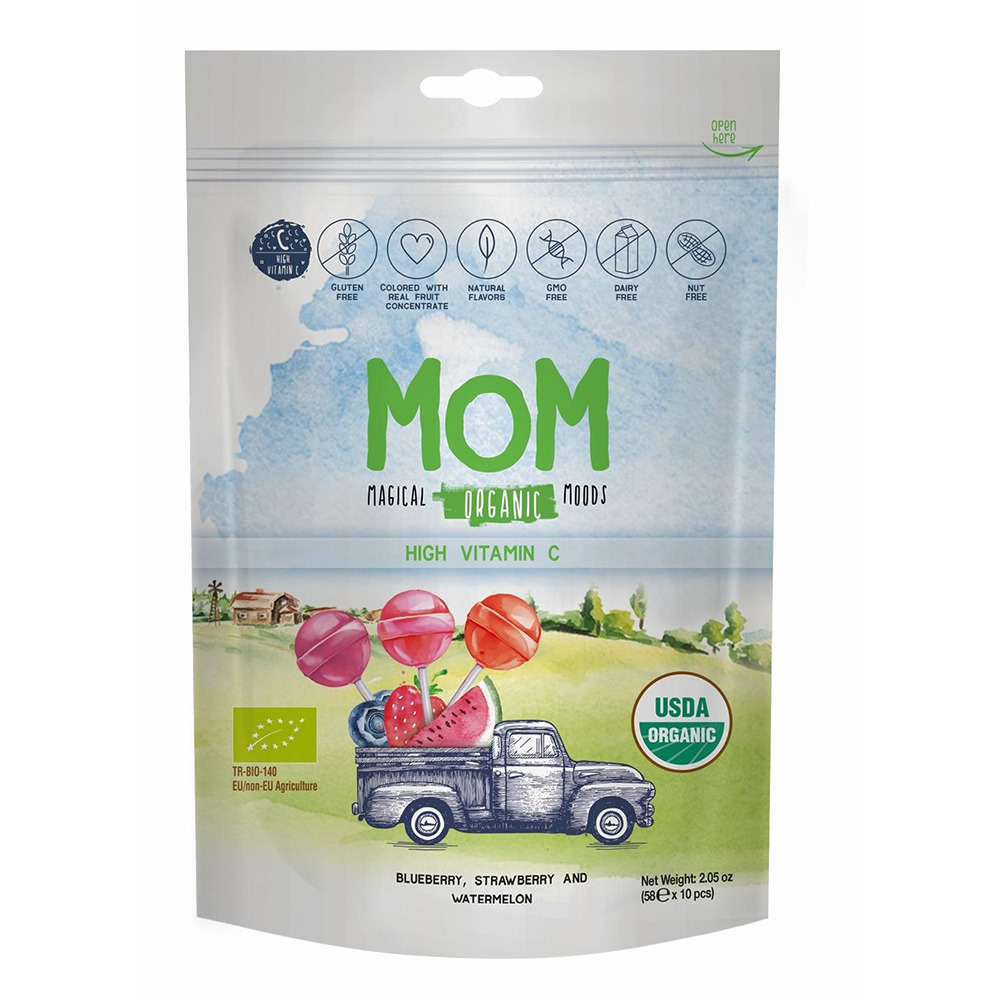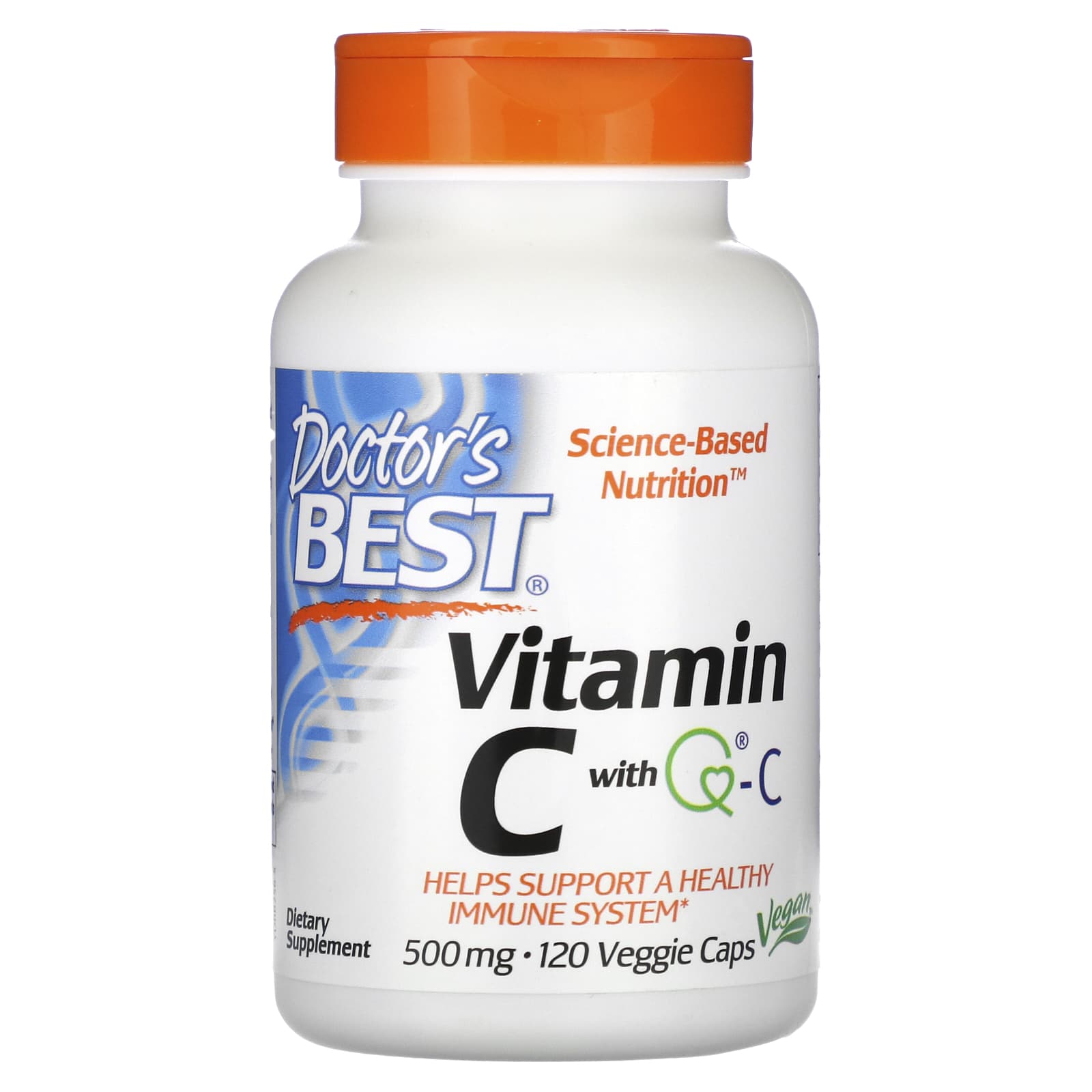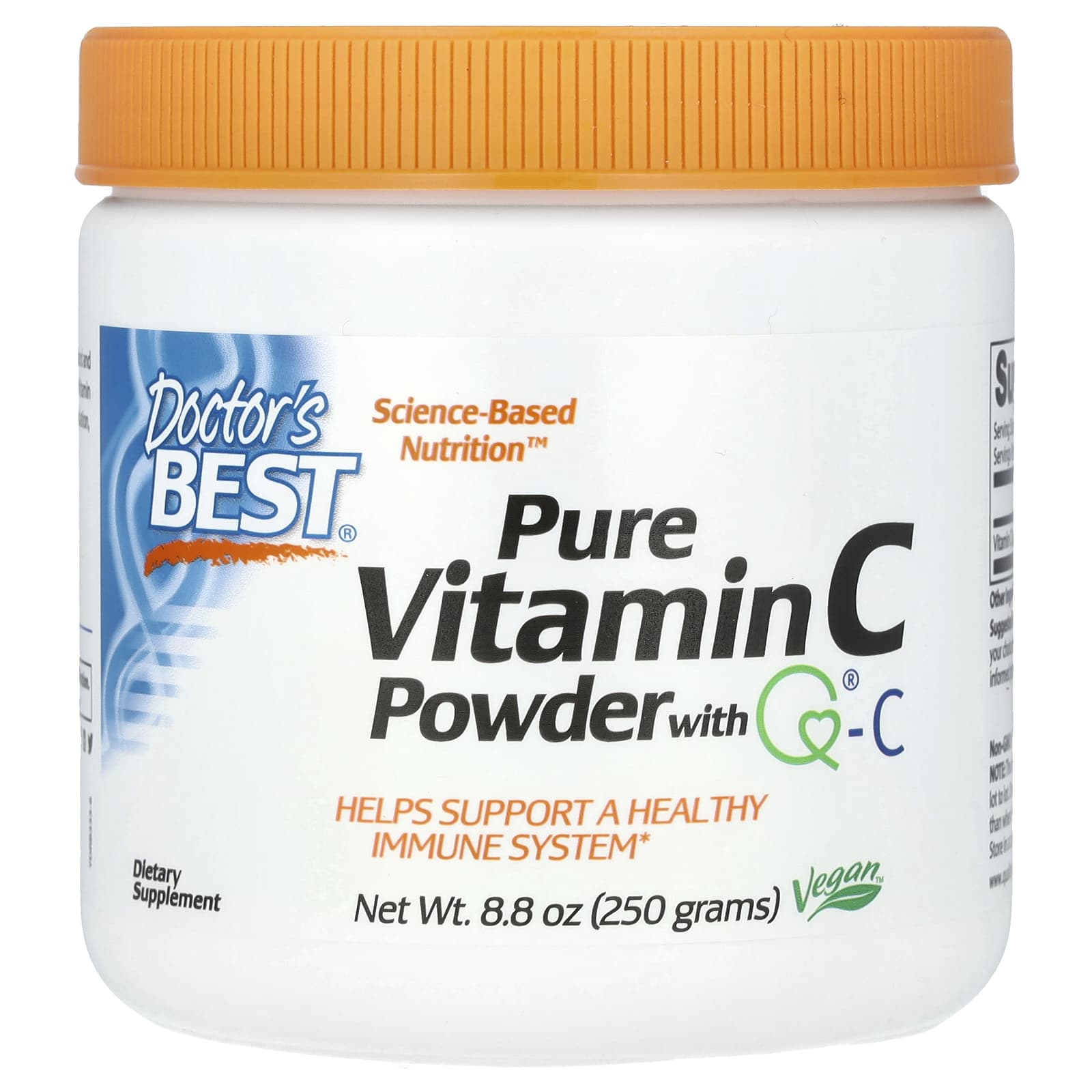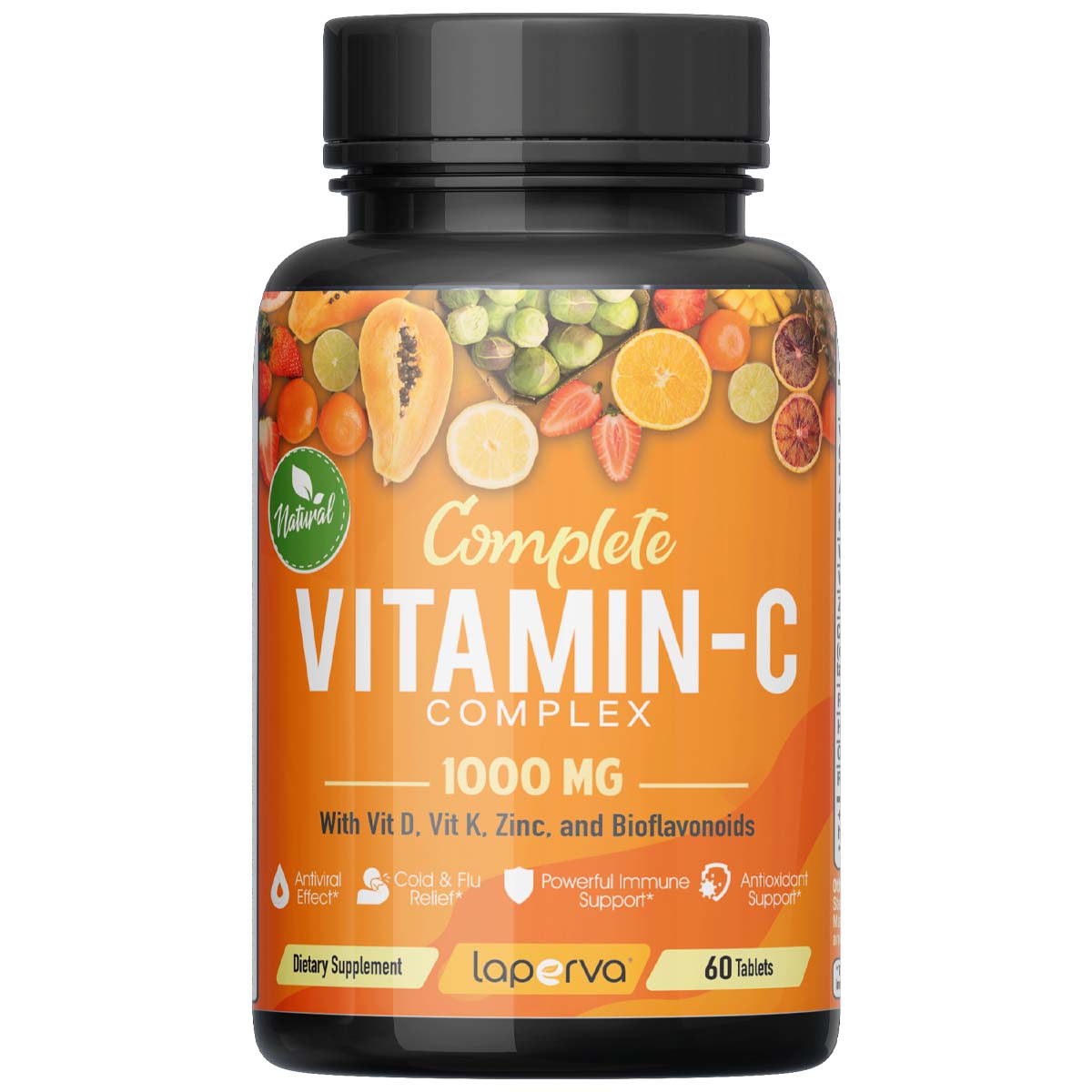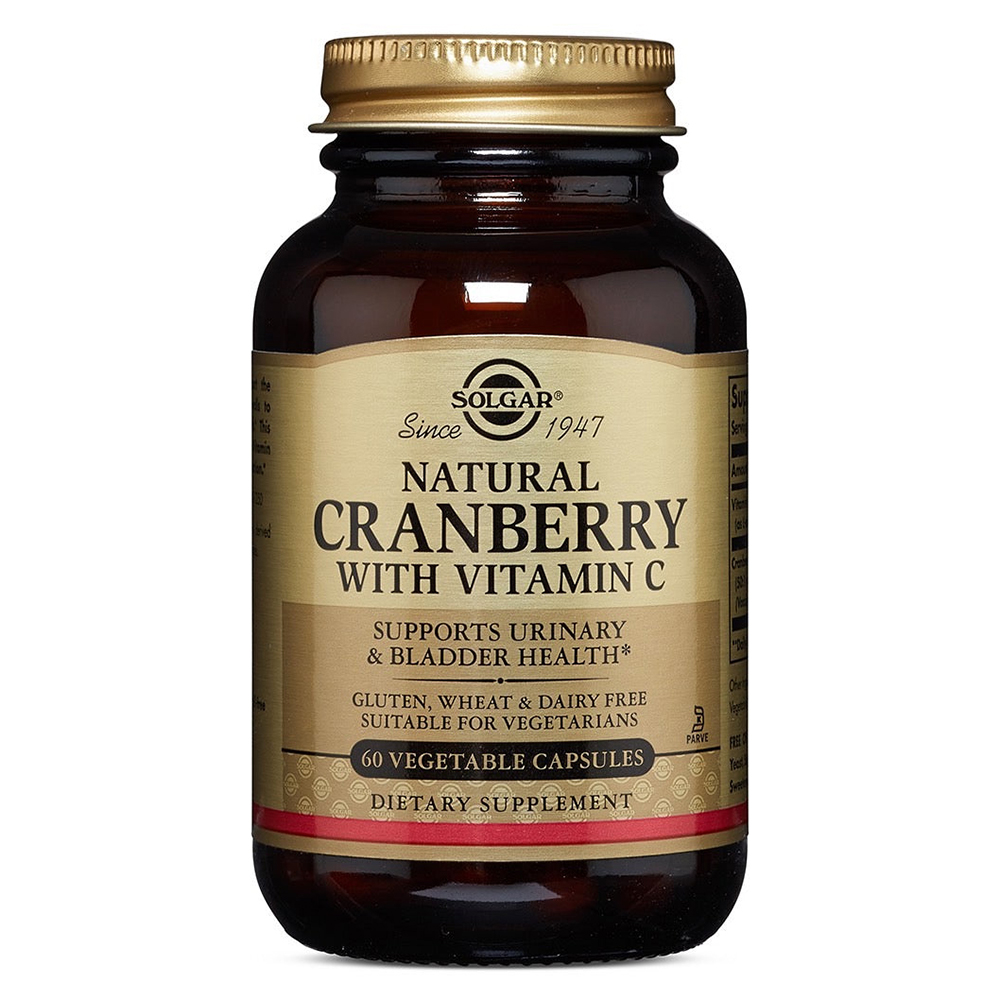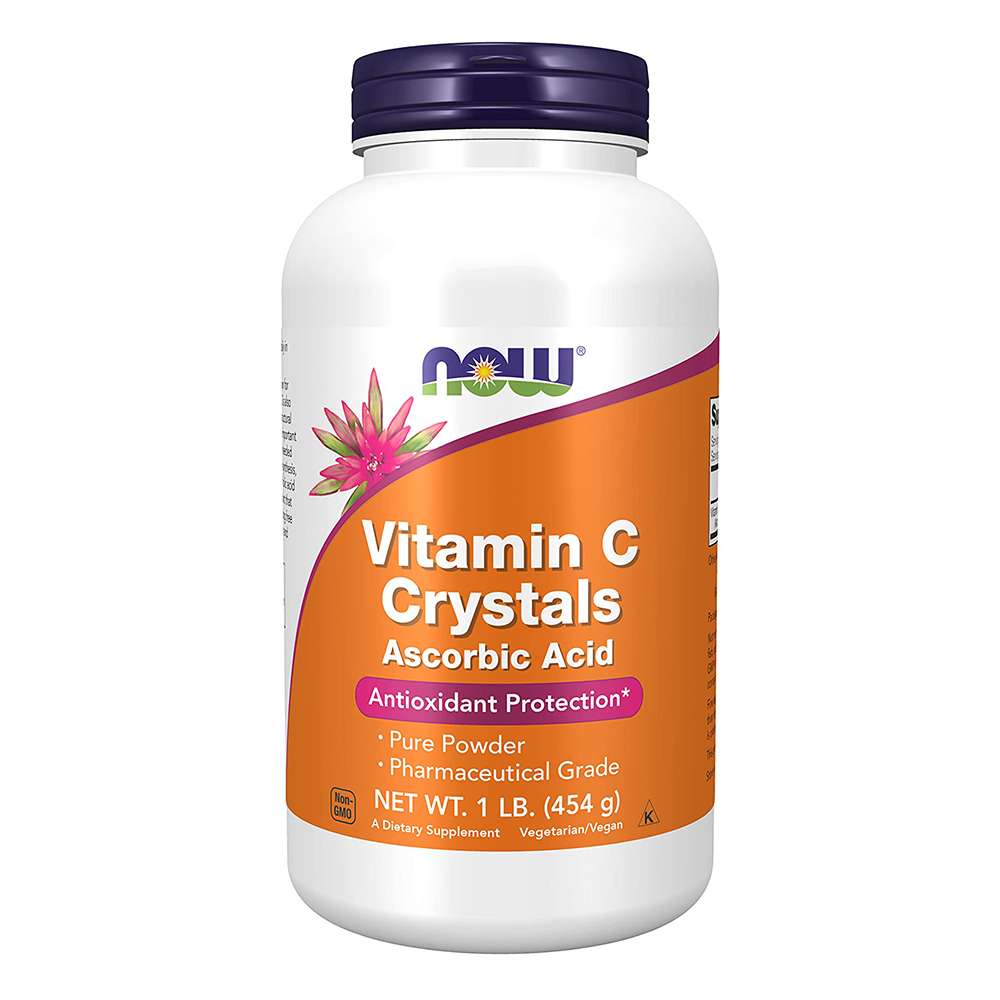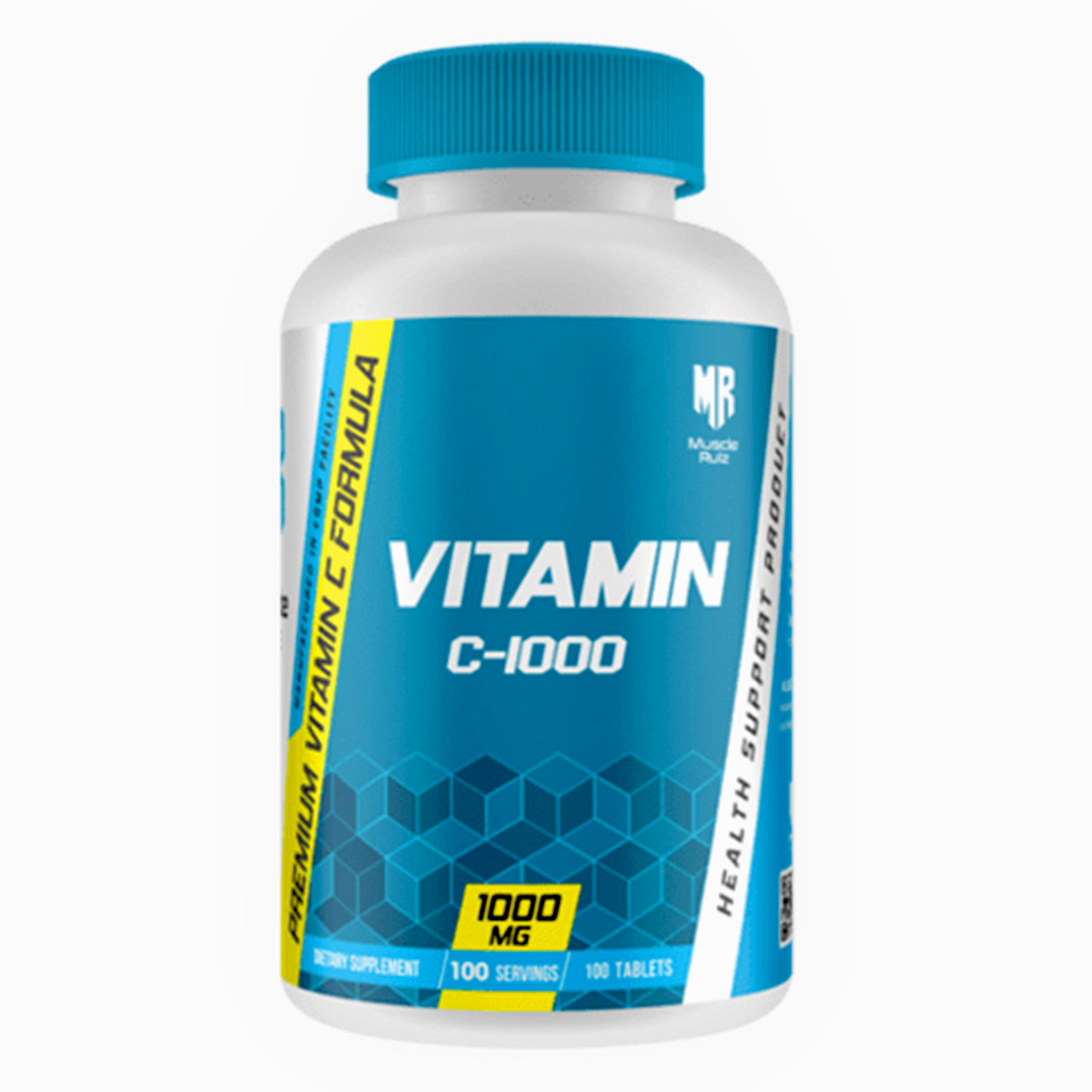Vitamin C, scientifically known as ascorbic acid, is a powerful water-soluble vitamin that plays an important role in overall health. This essential nutrient is a potent antioxidant vitamin whose properties help combat oxidative stress, which can lead to various chronic diseases. Vitamin C is also involved in collagen synthesis, pivotal for skin, muscle, and tissue health. Yet, despite its importance, many people are unaware of how to achieve optimal vitamin C intake. In this comprehensive article, we'll delve into what vitamin C is, its numerous benefits, possible side effects, food sources, and recommendations for consumption.
What is Vitamin C?
Vitamin C is a vital nutrient that our bodies require to function optimally. As an antioxidant, vitamin C is a water-soluble vitamin that helps neutralize free radicals in the body, reducing oxidative stress that can lead to chronic diseases such as heart disease, cancer, and diabetes. This essential vitamin is not naturally produced by the body, making dietary intake essential. Since the body does not store vitamin C, it's important to consume this vitamin regularly to maintain sufficient levels. The daily amount of vitamin C required varies depending on factors such as age, sex, and individual health needs. Understanding various vitamin types, including water-soluble and fat-soluble vitamins, is crucial for maintaining a balanced diet that supports overall health.
Benefits of Vitamin C
The benefits of vitamin C are extensive and well-documented. Here’s a closer look at some of the most significant advantages:
Boosting the Immune System
One of the roles of vitamin C is enhancing the immune system's function. Vitamin C can increase the production of white blood cells, which are essential for fighting infections. Studies have found that vitamin C can help reduce the duration and severity of respiratory infections, including the common cold.
Skin Health
Vitamin C is crucial for collagen synthesis, which supports skin elasticity and texture. Its antioxidant properties also help protect the skin from sun damage and pollution. Vitamin C is also available as a topical treatment in skincare products due to its ability to improve skin health and reduce signs of aging like wrinkles and fine lines.
Antioxidant Protection
As a potent antioxidant, vitamin C protects cells from oxidative damage caused by environmental stressors, such as pollution and UV exposure. Vitamin C and other antioxidants contribute to overall health by preventing cellular damage. Combining vitamin C with other antioxidants like vitamin E may have synergistic effects in reducing oxidative stress, which may reduce the risk of chronic illnesses.
Heart Health
Regular intake of vitamin C is associated with lower blood pressure and a reduced risk of cardiovascular disease. Studies suggest that adequate levels of vitamin C may improve endothelial function, which is essential for maintaining healthy blood vessels. Some studies examining vitamin C and risk of heart disease suggest that vitamin C supplementation may provide additional benefits.
Supports Iron Absorption
Vitamin C enhances the absorption of iron from plant-based foods, helping to prevent anemia and ensuring that the body has sufficient iron levels. Combining vitamin C-rich foods with iron-rich plant foods, like spinach and legumes, can significantly improve iron absorption.
Risk of Vitamin C
While vitamin C is generally safe when consumed in recommended amounts, there are side effects of vitamin c if it is taking too much through supplements. High doses of vitamin C can cause gastrointestinal issues such as diarrhea, nausea, and stomach cramps, particularly greater than 2,000 mg per day. Additionally, those with kidney disease should exercise caution, as high levels of vitamin C may increase the risk of kidney stone formation due to oxalate excretion. It's essential to balance supplement intake and dietary sources to prevent potential side effects.
Vitamin C Deficiency
Vitamin C deficiency is relatively rare in developed countries but can have serious health implications when it occurs. Low vitamin C levels can lead to symptoms such as fatigue, joint and muscle aches, and increased susceptibility to infections. In severe vitamin C deficiency, a condition called scurvy can develop, characterized by bleeding gums, bruising, and poor wound healing. Individuals most at risk of deficiency include those with limited access to fresh fruits and vegetables, individuals with specific medical conditions, and smokers, who require higher amounts of vitamin C due to increased oxidative stress.
Vitamin C Supplements
Vitamin C supplements are available in various forms, such as tablets, capsules, chewables, powders, and liquids, making it easy to choose a format that suits individual preferences. These supplements are often recommended for individuals who:
- Have a higher need for Vitamin C, such as smokers, as smoking increases oxidative stress and reduces Vitamin C levels.
- Follow diets that may lack adequate Vitamin C, such as those low in fruits and vegetables.
- Want to boost their immune health, particularly during cold and flu season.
- Are looking to support skin health, as Vitamin C promotes collagen production, which is essential for skin elasticity and healing.
- Have conditions that deplete Vitamin C levels, such as chronic stress or illnesses that increase inflammation.
Supplementing with Vitamin C can help maintain optimal health and prevent deficiency, especially for those who may have difficulty meeting their needs through diet alone.
Food Sources of Vitamin C
Incorporating fruits and vegetables rich in vitamin C into your diet is the best way to ensure you get enough of this essential nutrient. Here are some of the best food sources of vitamin C:
-
Citrus Fruits: Oranges, grapefruits, lemons, and limes are well-known sources of vitamin C with high vitamin C content and can easily be added to your diet as fresh fruit or juice.
-
Berries: Strawberries, blueberries, and raspberries are not only delicious but also packed with vitamin C, making them excellent vitamin C-containing snacks or additions to smoothies.
-
Vegetables: Bell peppers (especially the red variety), broccoli, and Brussels sprouts contain high concentrations of vitamin C and can be enjoyed in various dishes, including salads, stir-fries, and steamed side dishes.
-
Other Fruits: Kiwi, pineapple, mango, and guava are rich in vitamin C and provide significant amounts of this vitamin; these fruits can be eaten fresh, blended into smoothies, or added to fruit salads.
Precautions and Recommendations
For adults, the recommended daily amount of vitamin C is 90 mg per day for men and 75 mg for women. However, smokers, pregnant women, and those with certain medical conditions may require higher doses, sometimes exceeding 100 mg daily. When considering whether to take vitamin C supplements, it’s important to consult with a healthcare professional, particularly if you are taking medications or have underlying health issues. Understanding vitamin C benefits can help individuals make informed decisions about their supplementation needs. Utilizing a varied diet rich in fruits and vegetables is often the best strategy to get enough vitamin C and avoid the complications associated with taking too much vitamin C.
Some people take vitamin C and zinc supplements together to boost immune function, but it's important to consult with a healthcare professional before starting any new supplement regimen.
Conclusion
Vitamin C is an essential nutrient that significantly contributes to overall health and well-being. Vitamin C plays a vital role in several bodily functions, including the synthesis of collagen, absorption of iron, and maintenance of immune function. By consuming a variety of fruits and vegetables, you can achieve the necessary vitamin C intake from food without the risks associated with high-dose supplementation. Managing weight with vitamin support can also be an effective strategy when integrating vitamin C into a balanced diet plan. Remember, while supplemental vitamin C can be beneficial in some cases, obtaining nutrients through whole foods is generally the best approach for maintaining health. Make sure to evaluate your individual nutritional needs, and don't hesitate to consult with healthcare providers for tailored advice on vitamin C intake.
Frequently Asked Questions
Which food is highest in vitamin C?
Guava is one of the best sources of vitamin C, rich in vitamin C content, followed closely by bell peppers and kiwi. Interestingly, a single guava can provide more than sufficient vitamin C for your daily needs.
What is a good vitamin C to take daily?
The recommended daily intake for adults is 90 mg for men and 75 mg for women, but individual needs may vary based on lifestyle factors such as stress and physical activity. Obtaining vitamin C intake from food sources is generally preferred, as vitamin C is an essential vitamin best absorbed through dietary means.
Can you take vitamin C every day?
Yes, vitamin C is safe for daily consumption, especially through food sources. Since vitamin C is a water-soluble vitamin, excess amounts are excreted in the urine. However, taking too much vitamin C in the form of high-dose oral vitamin C supplements should be avoided to prevent potential side effects. It’s also important to consider the form of the supplement; for instance, buffered vitamin C is often easier on the stomach for those prone to gastrointestinal upset.





